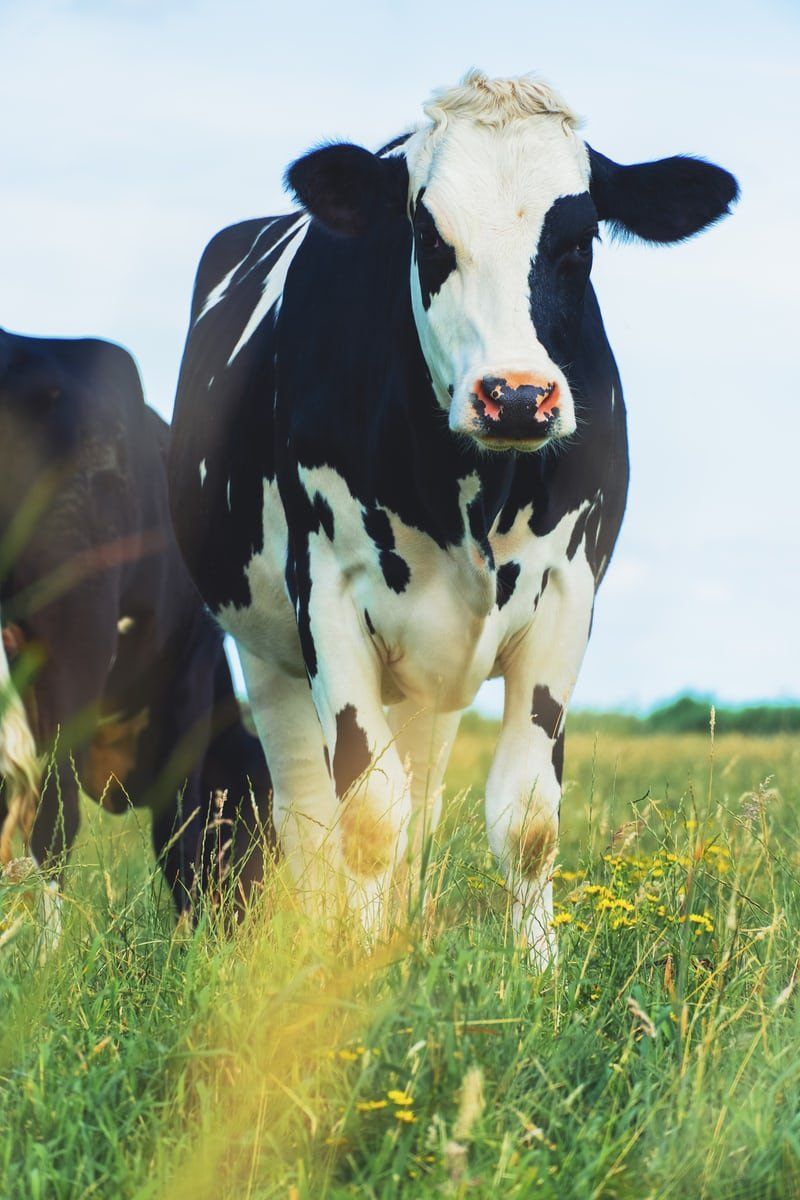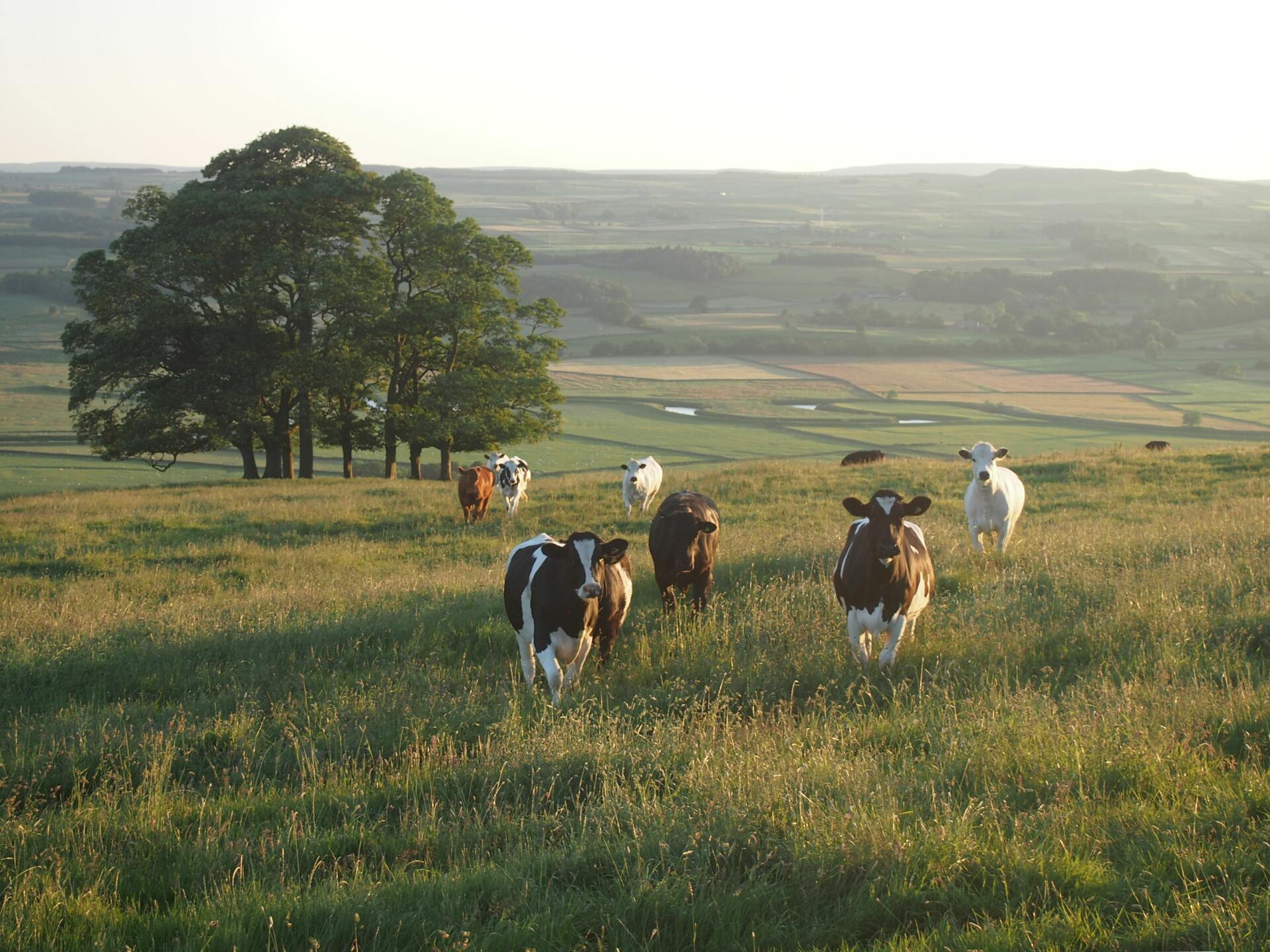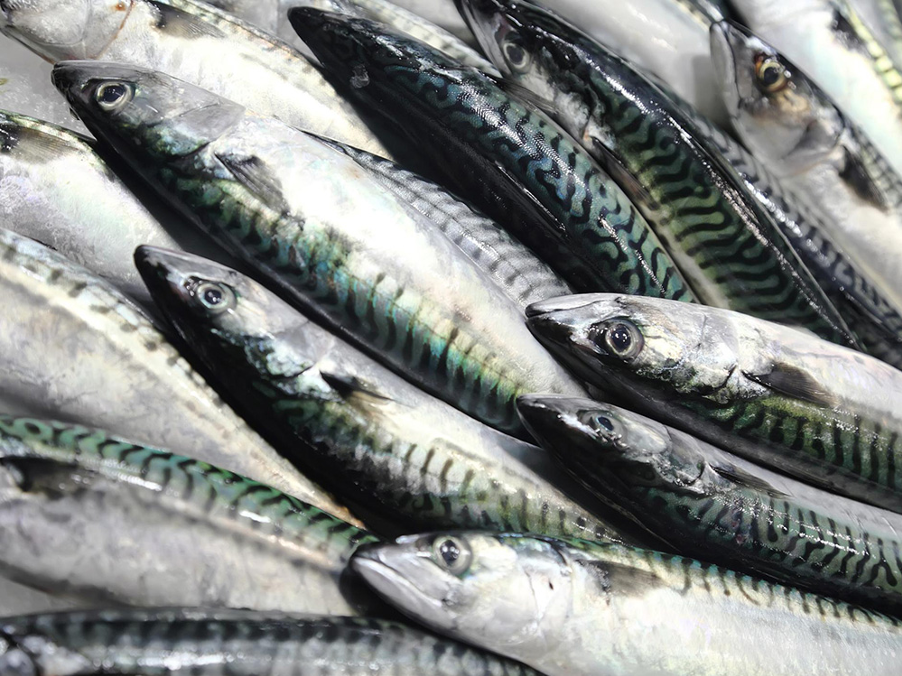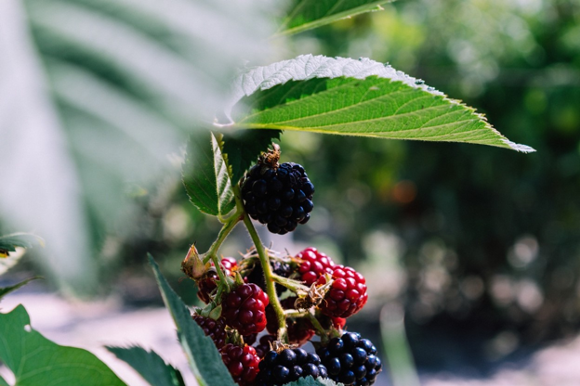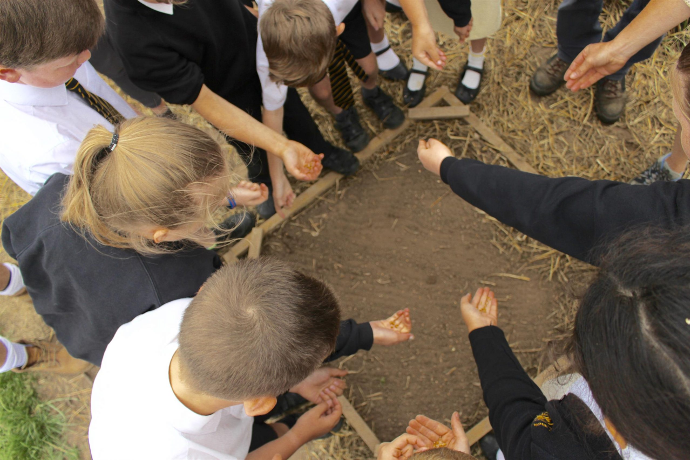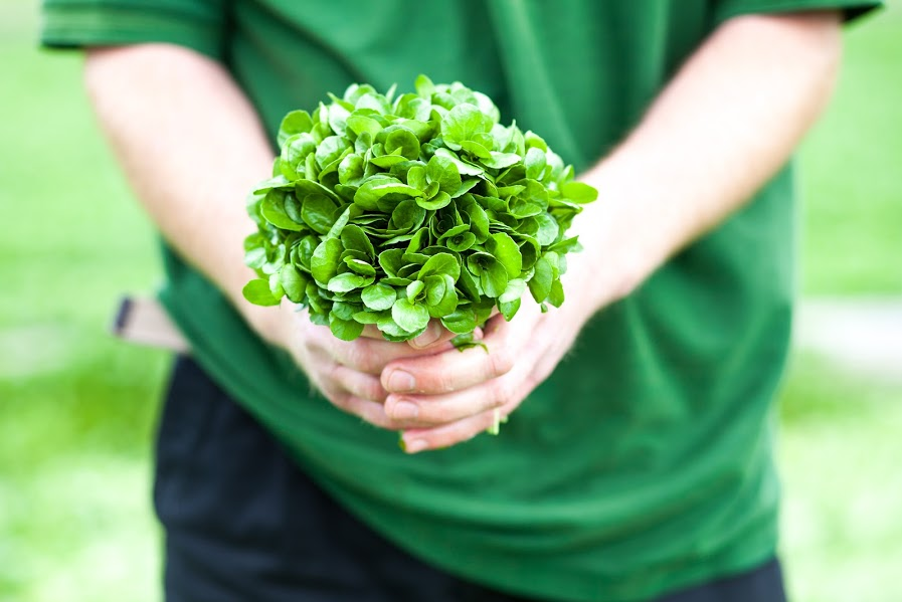By Lucy Williamson
•
September 29, 2020
With our lovable British spirit now steadfast on the journey towards better health, there’s no better time to celebrate our countryside and its guardians - our farmers. In providing our fabulous food, they understand better than all of us the importance of working with nature as far as possible for the health of our ecosystem – soils which allow biodiversity to thrive, crops, animals and ultimately, ourselves. The country-loving Vet in me knows that our animal welfare standards are among the highest in the world. The Nutritionist in me understands the kind of foods which drive good health – a balance of Dairy, Fish, Grains, Eggs, Meat and more novel crops too. But our health is so much more than just the food we eat. It’s about taking time out to escape the pressures of daily life whether at school, work or home, getting regular exercise, equipping ourselves with healthy minds to make good choices, away from the temptations of our ever-present ‘convenient’ lifestyles. Our British countryside provides all this and more and together with our food they make our greatest asset. So, it seems fitting to celebrate them as we approach another British Food Fortnight! It’s been especially good to see our Dairy Industry so well supported by Love British Food over the last few months. We all know its benefits for healthy bones and teeth but we don’t often hear about the myth busting facts that even whole milk is only about 3% fat and contains valuable Vitamin A, vital for a strong immunity, its intake is linked with protecting against obesity, its calcium is more easily absorbed than any other food source and it’s a rare source of Iodine, essential for growth and healthy reproduction and now on the World Health Organisation (WHO) list as a leading nutrient deficiency worldwide. I’ve been supporting the national British Trout campaign recently to build awareness of this sustainable oily fish, which, similar to Scottish salmon and mackerel provide a low fat, high quality protein with types of Omega 3, unique to marine products, known to protect our long-term heart health. Trout in a watercress salad with hard boiled eggs is a firm family favourite! Our British Beef remains a key component of a healthy diet, not least because the iron it contains is extremely easy to absorb. Iron of course is vital during growth and pregnancy and currently nearly 50% of teenage girls in Britain have intakes below the recommended minimum amount. I waved to Macbeth’s the Butchers in Morayshire recently while on our summer family escape to Scotland – I remember visiting their farm as one of the first female Vets in Moray nearly 30 years ago and it’s great to see their ‘farming with nature’ approach being embraced, like many other pasture-fed systems. Welcome as new members, to Love British Food! We’re all advised to increase our plant-based eating. This extra fibre in our diet nurtures our billions of friendly gut bacteria which, having evolved together, our health and digestion are extremely dependent on, then of course there are all the vitamins and antioxidants to reduce the effects of ageing too. So, our good old British fruit and veg is of course to be celebrated around harvest time! But let’s not forget the farmers who have diversified along with climate change perhaps, so that we can now buy home-grown quinoa, chia seed and other seeds and pulses… and have you tried British Seabuckthorn berries yet?! So, as we come out of lockdown, now more than ever, I heartily thank Love British Food for encouraging our schools, hospitals and other establishments to source from our British larder. Britain provides it all - wonderful food and valuable countryside for our long-term health. But there’s always room for improvement. It’s not just farmers who are the guardians of our countryside. We all have a responsibility to do our bit through the choices we make. Let’s embrace all we have, support British producers and move forward together!

